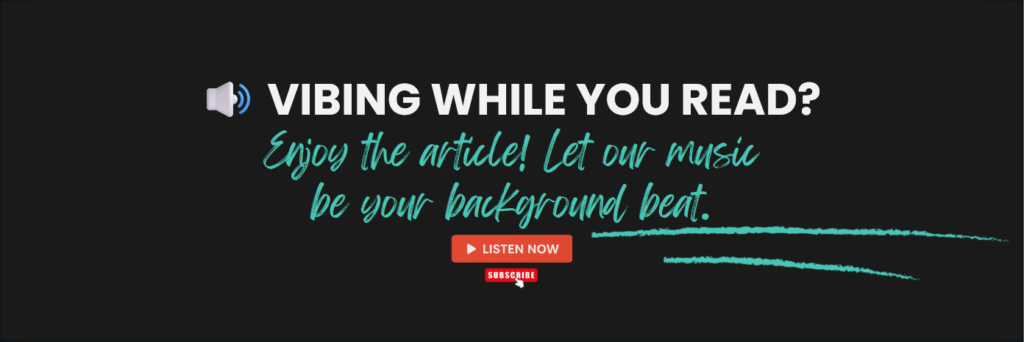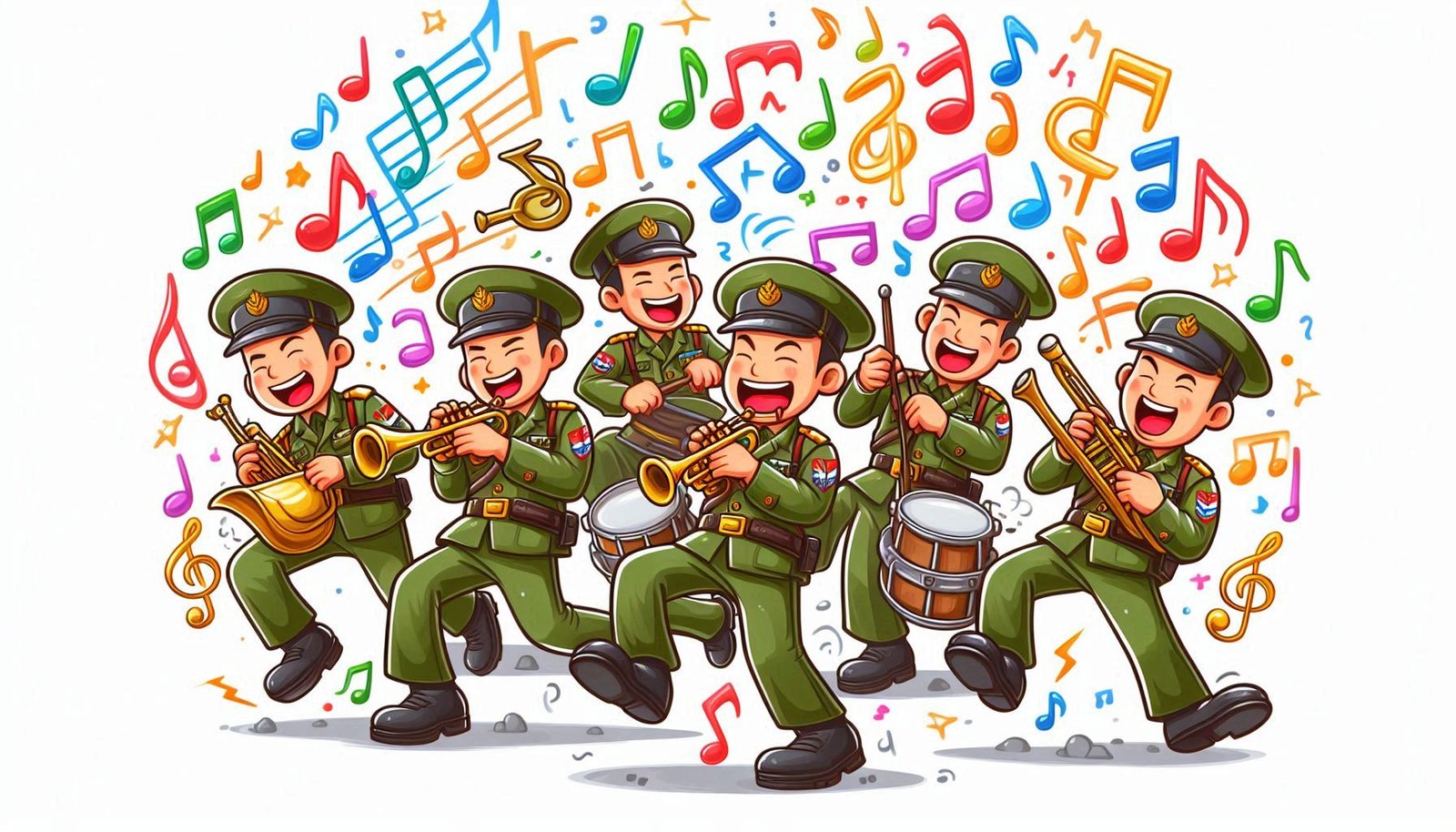
Imagine walking into a room and hearing the same song playing over and over again—not for minutes, but for hours, maybe even days. Now imagine that song isn’t your favorite jam, but something annoying, loud, or unsettling. Sounds like a nightmare, right? Well, welcome to one of the strangest uses of music in modern history. Yes, music can be a vibe, a healing force, and a universal language—but it can also be a weapon.
Let’s dive into the murky, fascinating world where sound meets strategy and where beats have been used for battle.
Weaponizing Vibes: Where Sound Becomes Psychological Warfare
From ancient times to the modern battlefield, music and sound have been used to control, confuse, or intimidate. The idea isn’t totally new. Tribes used drums to scare enemies. Armies blasted horns before charging into war. But today, it’s taken to a whole new, science-backed level.
The U.S. military has actually used music as a weapon. Not just metaphorically—literally.
Operation Playlist: When Music Meets War
In places like Iraq and Guantanamo Bay, detainees have been blasted with music at ear-splitting volumes. For hours. Sometimes days. The goal? To psychologically break them down without using physical force.
Some of the most (in)famous tracks reportedly used:
- “Barney the Dinosaur Theme Song”
- Metallica’s “Enter Sandman”
- AC/DC’s “Hell’s Bells”
- Eminem’s “White America”
Why these? Repetition, volume, and content. Cheery kids’ songs become creepy after the 50th loop. Aggressive rock lyrics become mental noise bombs. According to soldiers, it worked—but at what cost?
Music Torture: Legal or Nah?
Human rights organizations have called this practice out as a form of torture. Think about it: being stuck in a room, with no control, as music blares nonstop, keeping you from sleeping, thinking, or even knowing what time it is. That’s not just annoying. That’s psychological warfare.
Groups like Amnesty International and the United Nations have raised red flags, arguing that using music in this way violates basic human rights. And musicians? They’re not cool with it either.
Artists Fight Back
Some artists have straight-up protested the military’s use of their work. Rage Against the Machine, for example, publicly condemned the use of their songs at Guantanamo. Trent Reznor of Nine Inch Nails was furious. Even Metallica reportedly told the military to cut it out.
Musicians create music to express, inspire, and connect—not to harm or manipulate.
The Science Behind Sonic Warfare
So, how does music actually mess with your mind?
At high volumes and certain frequencies, sound can:
- Cause disorientation
- Trigger anxiety
- Disrupt sleep
- Elevate heart rates
- Induce panic
The military calls this acoustic weapons technology. It includes Long Range Acoustic Devices (LRADs), which can blast sound across huge distances to disperse crowds. Think of it as a massive speaker shouting, “Go home!” but way more intense.
Pop Culture Knows What’s Up
Hollywood’s picked up on this, too. Movies and shows have shown scenes where characters are tortured or manipulated with music. Think of the scene in A Clockwork Orange where Beethoven’s symphonies are used to control behavior. Or war movies where blasting music plays just before an attack.
Even video games like Call of Duty include music warfare Easter eggs.
Protest and Power: Music as a Weapon for Change
Let’s flip the narrative. While music can be used to hurt, it can also fight back.
Protest music has powered civil rights movements, anti-war marches, and revolutions. Bob Dylan, Nina Simone, Kendrick Lamar, H.E.R., and many more have used their voices as weapons against injustice.
So yes, music can be a weapon—but not just of war. Also of peace. Of protest. Of power.
Gen Z, TikTok, and Sonic Influence
Zooming in to today, Gen Z is mastering the art of musical influence. From TikTok trends to viral anthems, they’re using sound to shape culture, call out injustice, and spread messages faster than any speech could.
A 15-second audio clip on TikTok can go global, start a movement, or cancel a brand. That’s power.
So when we ask, “Can music be a weapon?” we’re not just talking about the military. We’re talking about every artist, every playlist, and every person who uses music to make noise—literally and figuratively.
Final Thought: Handle With Care
Music is magic. It can hype us up, break us down, bring us together, or tear us apart. It can be medicine, but it can also be manipulation. Like any powerful tool, it depends on how it’s used.
The military sees it as a strategic device. Protesters see it as a voice. Marketers see it as influence. And we, as music lovers, must understand its full potential.
So next time you press play, ask yourself:
- What is this music doing to me?
- How is it being used?
- Am I in control, or is someone else calling the tune?
Because whether it’s a weapon or a whisper, music always hits its target.


